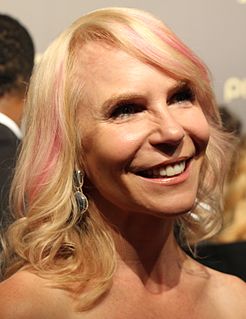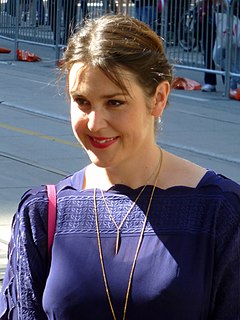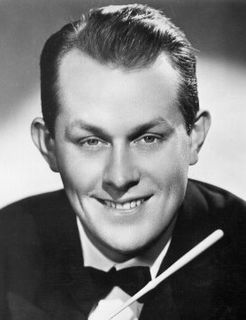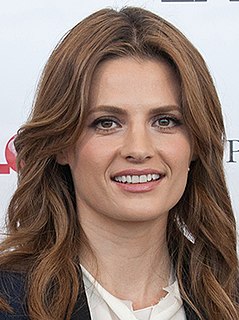A Quote by Marti Noxon
The great thing about the story of 'Twilight', or the story of 'I Am Number Four' is that you get to deal with real issues of identity and what people are going through and the choice of who you're going to be, but it's all large.
Related Quotes
That story about the two women in my life is - a lot of people get upset, a lot of people question it. Steven Soderbergh said to me, "The story of your life is incredible. The real story of your life that's interesting, more interesting than all the other stuff - the franchises, the movies, the songs, Elvis Presley, Frank Sinatra - the real thing that's interesting and unbelievable is the relationship with these two women. And if you're willing to put that out there, you know then, you're going to have a great movie. Because that's the movie."
I feel like any actor should always be thinking about how to serve the story. The thing to be cautious of is trying to make too much of your "moment," or whatever. The story is a lot bigger than you, and you're there to help it along. The thing to think about is whether what you're doing is true to the moment and where the story's going, rather than going, "Here are my scenes. What can I try and do to make the most of them?"
Some people ask why we don't just wait until we have the whole story before posting. The fact is that we sometimes can't get to the end story without going through this process... When a story is up and posted, it's amazing how many people come out of the woodwork to give us additional information... And readers love it.
It's like fiction - the fact that somebody's telling you a story about people who didn't exist doesn't make the experience of the story any less real in your heart and mind. You go through heavy emotional responses to these stories, and wrestling is a similar thing - but it's happening in real space.
Because I come from the theater, I use the images of the theater and of movies a great deal when I write. I see the story in my head. I have to break down the outline of a story first. I have to know where I'm going. Usually I have a good beginning and a good ending, and then I think, "Now I have to find my way through it."
Here's the truth about telling stories with your life. It's going to sound like a great idea, and you're going to get excited about it, and then when it comes time to do the work, you're not going to want to do it. It's like that with writing books, and it's like that with life. People love to have lived a great story, but few people like the work it takes to make it happen. But joy costs pain.
The thing I always guard against when I'm talking to people I'm working with about a script is that there's a thing I don't like and it's called "talk story." It's when you're talking about the story; the characters are tasked with talking about the story instead of allowing the audience to experience the story.
You could perhaps better tell the story of a place by writing of a tiny village as a sort of prism into the bigger issues the culture was facing. It struck me as a better way to learn about a place, or at least a different way, than just going to interview the president. So I have often tried to tell the story of a place through people there. But I'm just amazed.






































